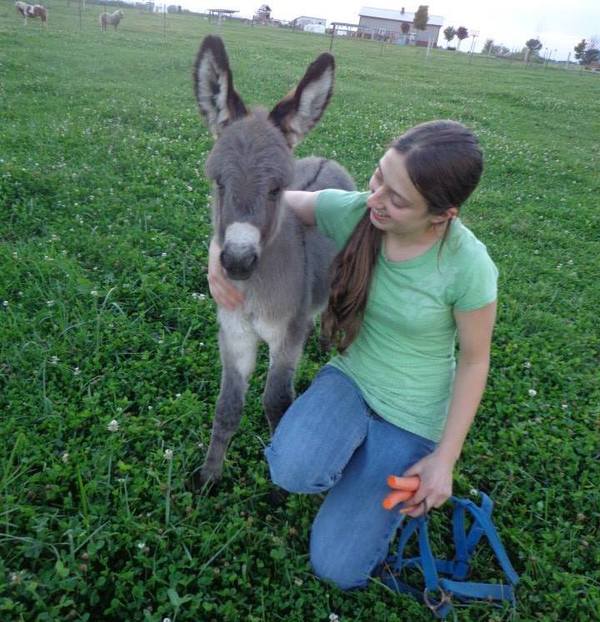An Iowa College in the Liberal Arts Tradition
Pre-Health Studies
Pre-Veterinary Medicine
Do you enjoy working with animals and people and have an interest in health care? A career in veterinary medicine may fit your interests and abilities. The business of animal health care requires a good understanding of the biology of disease and injury, as well as the ability to communicate with both animals and their humans. The field of veterinary science is broad; it includes the care of farm livestock and companion animals, as well as government regulatory work.
Requirements and Curriculum
Pre-veterinary studies in the Luther biology department is made up of a broad background in biology and an emphasis in physiology and cell biology. Supporting courses from other departments will include physics (one full year) and chemistry (two full years).
Internship and Shadowing Opportunities
In addition to college coursework, most veterinary schools require experience with animals and experience shadowing veterinarians. Luther grants academic credit for health-career internships (Biology 380B). Most internship experiences are arranged during January Term. Internships are primarily observational, but they provide a very practical introduction to the veterinary medicine profession. Although a shadowing experience is not formalized and does not receive academic credit, it is an excellent way to become familiar with various aspects of veterinary medicine.
A veterinary school application will also require the GRE exam, usually taken in the fall of the senior year of college. The Association of American Veterinary Medical Colleges website contains the best information currently on the various veterinary schools and their specific requirements.
Connect with Pre-Health Studies
Visit on LinkedInExperience Is Key!
Working with animals in any way can be valuable as a pre-vet major.

